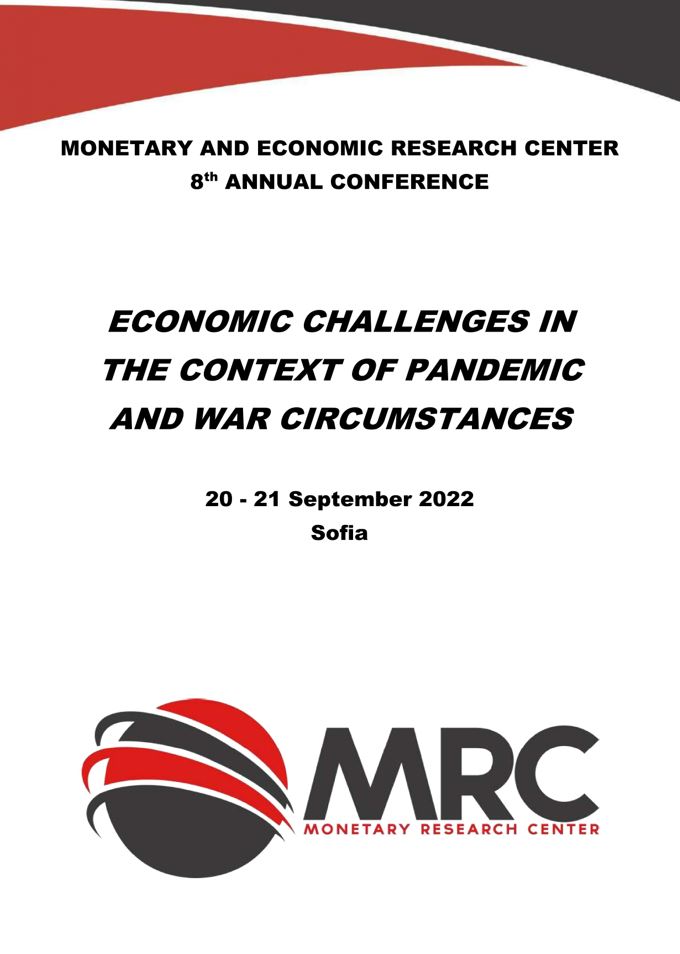Monetary Policies in Response to Covid-19 Crisis in the Balkans. Challenges to Central Banks
Monetary Policies in Response to Covid-19 Crisis in the Balkans. Challenges to Central Banks
Author(s): Tsvetelina Marinova, Nikolay Nenovsky
Subject(s): Politics / Political Sciences, Politics, Economy, National Economy, Economic policy, Public Finances
Published by: Университет за национално и световно стопанство (УНСС)
Keywords: monetary policy; fiscal policy; central banks; Covid-19; Balkans; monetary regimes; crisis
Summary/Abstract: In the Balkan countries (Bulgaria, Romania and Serbia) the coronavirus pandemic has had serious economic and social repercussions. While in Bulgaria there are a number of formal, legal constraints to pursuing expansionary fiscal and monetary policies, as well as those stemming from the participation of the Bulgarian lev in the exchange rate mechanism 2 and the EU Banking Union, in Romania and Serbia the government and the central bank dispose of more policy tools and opportunities to react to crises. This is evidenced by the applied monetary easing strategies, including quantitative easing as well as other unconventional monetary policy and liquidity measures during the pandemic. In this regard the aim of the paperis to demonstrate to what extent the type of monetary regime determines the scope and nature of reactions in the event of a shock and crisis associated with systemic uncertainty and the possibilities for economic recovery in the three Balkan states.
- Page Range: 15-35
- Page Count: 21
- Publication Year: 2023
- Language: English
- Content File-PDF

